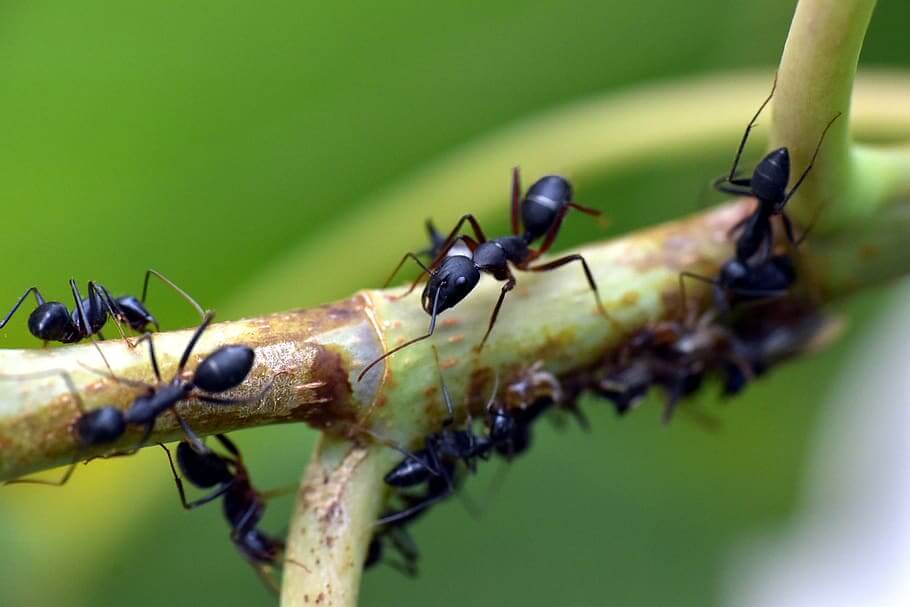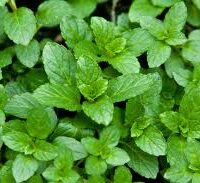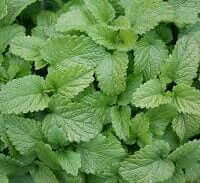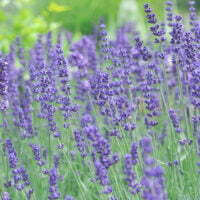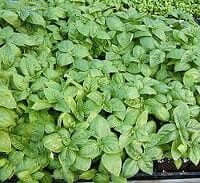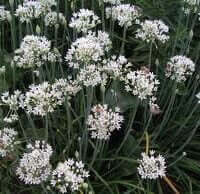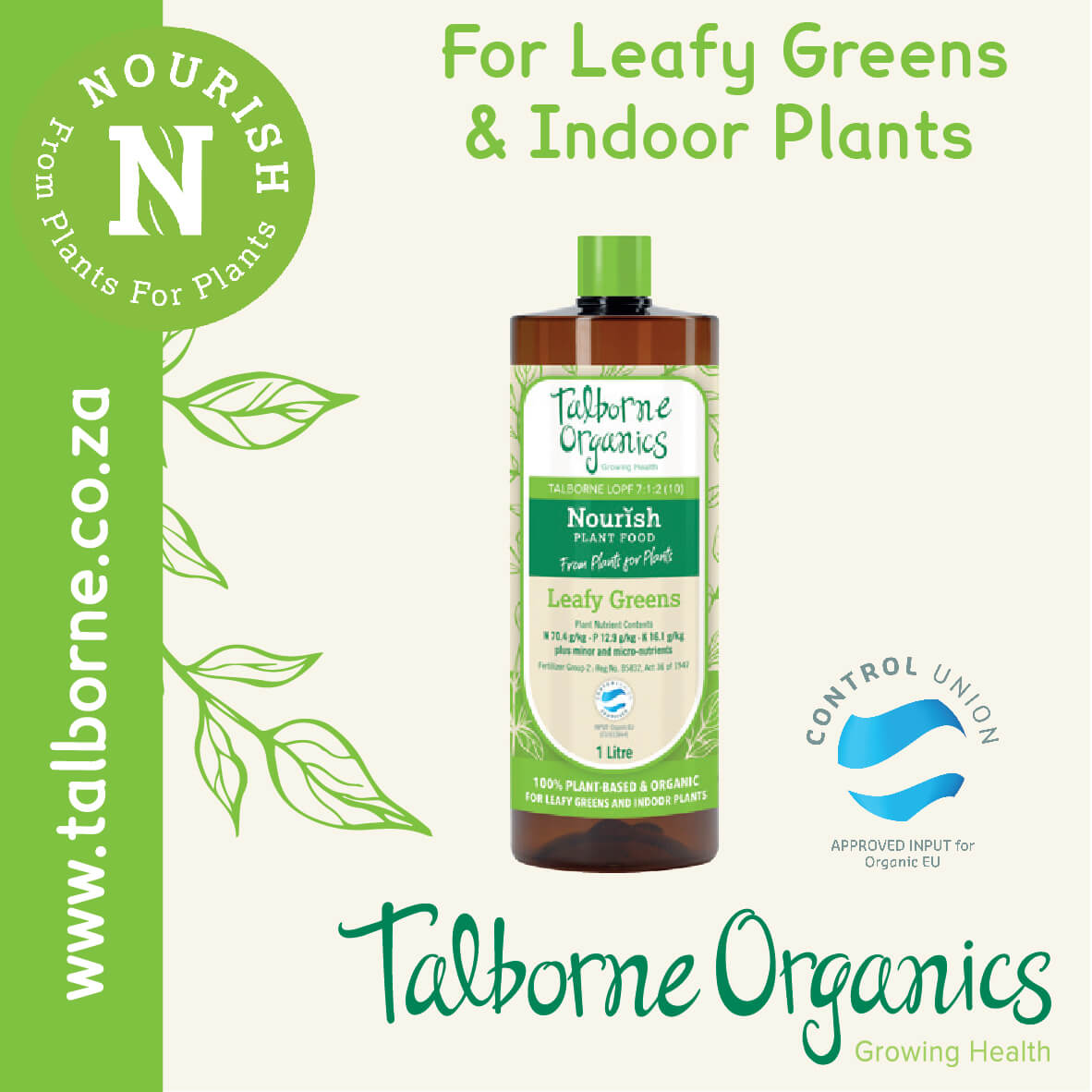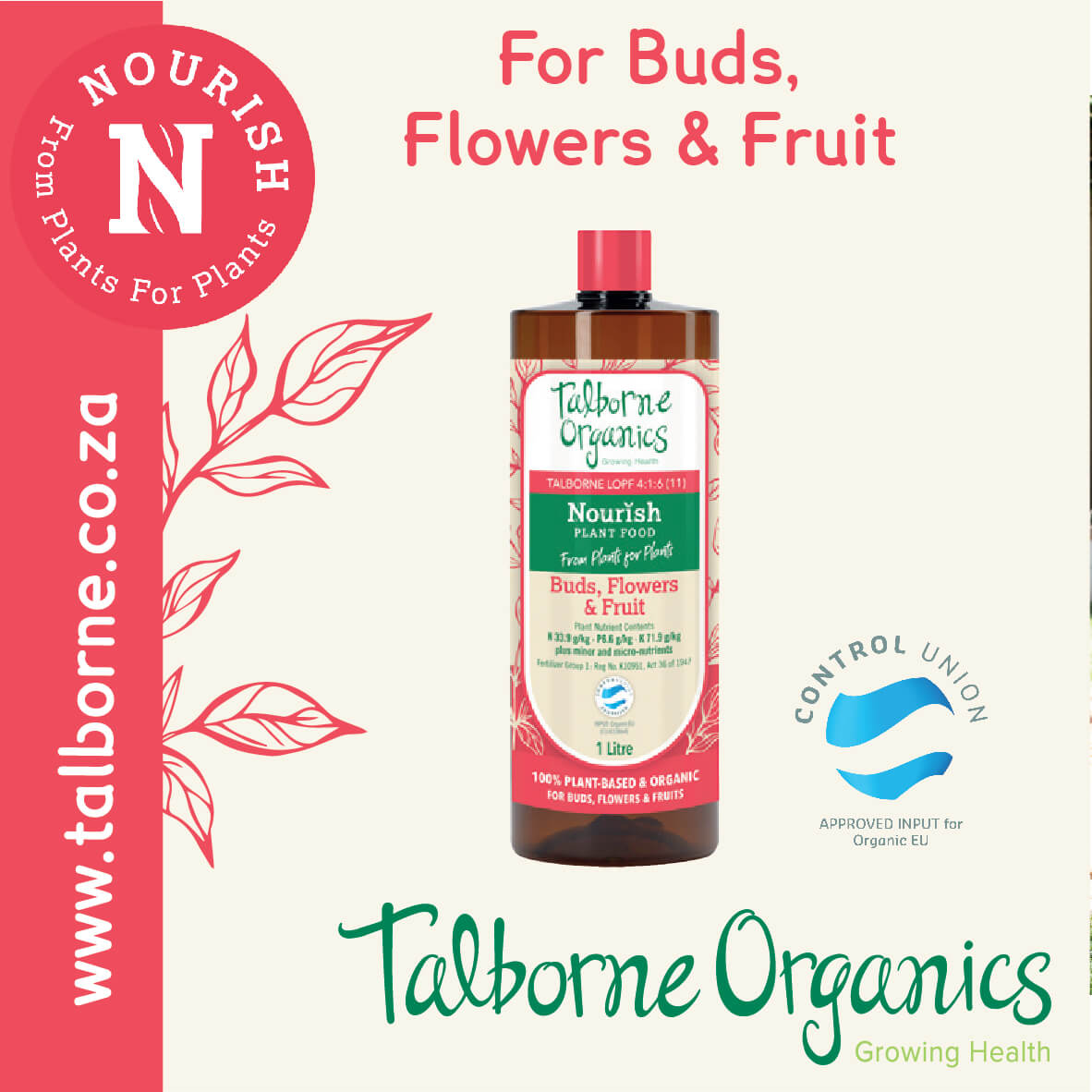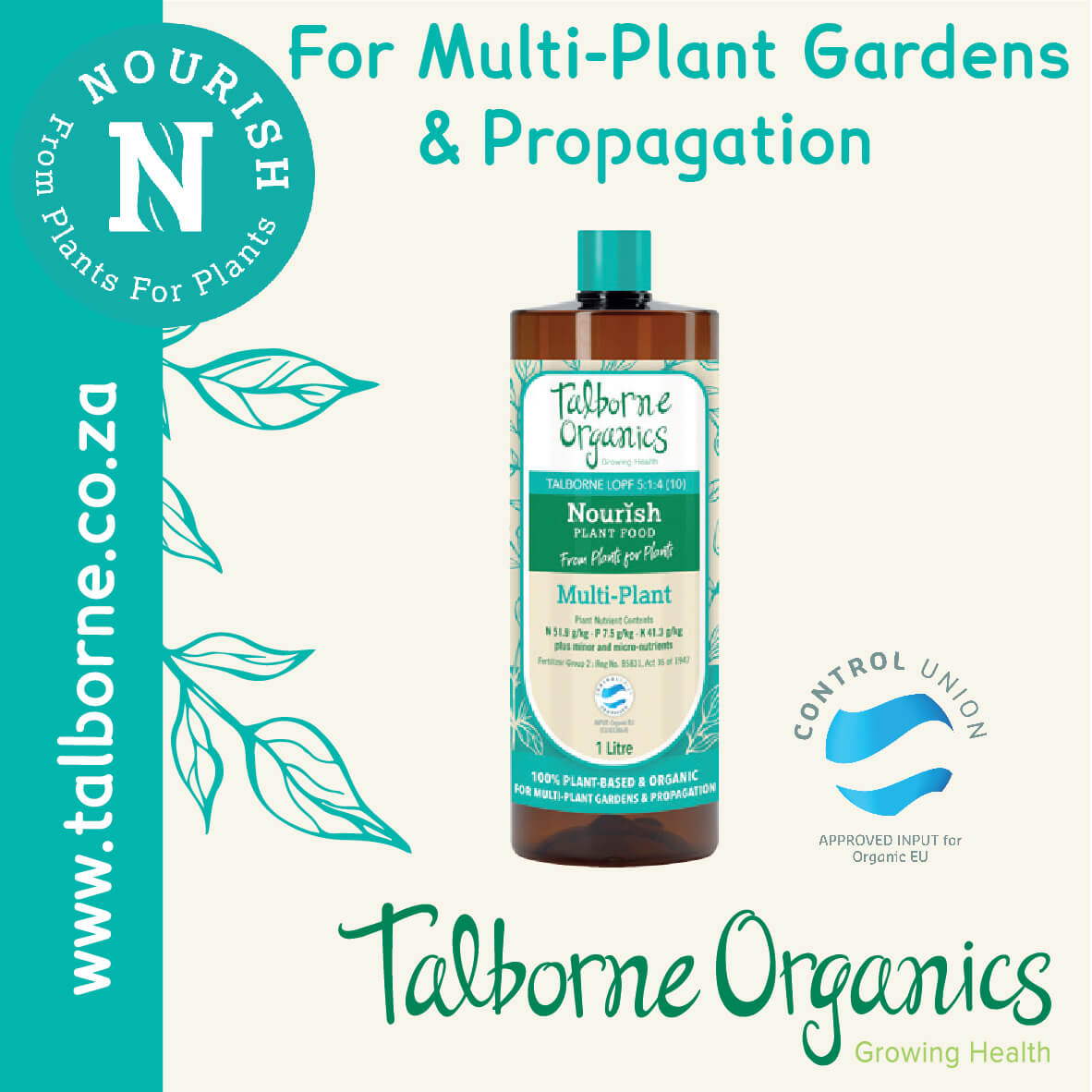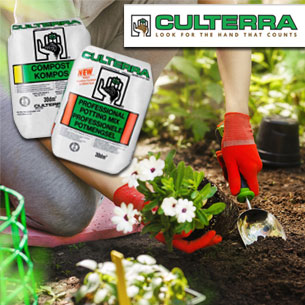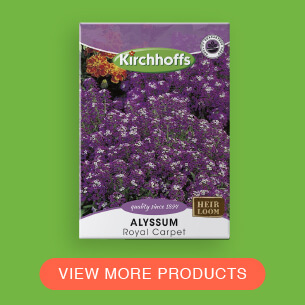Natural Ant Repellent
Imagine a peaceful morning in your kitchen, disrupted by an unsightly line of ants on the countertop. Instead of resorting to harsh chemicals, natural ant repellent offers an eco-friendly solution to this common household problem. These natural remedies not only help in getting rid of ants but also ensure safety for your family and the environment.
Natural ant repellents leverage the keen sense of smell of ants. Ants depend heavily on their olfactory abilities for navigation and communication. By disrupting their scent trails, natural repellents effectively disorient and deter ants from your space. These methods are particularly appealing as they avoid the toxicity often associated with conventional ant killers, making them a safer choice for households, especially those with children and pets.
Why To Use Natural Ant Reppelents?
Safety and Health Considerations The use of synthetic pesticides raises valid concerns, especially in environments with children, pets, or individuals with health sensitivities. Natural ant repellents, such as vinegar, essential oils, and lemon juice, offer a safer alternative. These substances are non-toxic when used properly and can be applied in areas frequented by family members and pets without the worry associated with synthetic chemicals.
Environmental Considerations For those conscious about their environmental footprint, natural ant repellents are a sustainable choice. They avoid the ecological damage often caused by chemical pesticides, such as soil contamination and harm to non-target species. Natural methods like planting ant-repellent herbs contribute positively to biodiversity and the garden ecosystem.
DIY Solutions and Cost-Effectiveness DIY ant repellent solutions are not only cost-effective but also easily accessible. Ingredients for homemade repellents are commonly found in most households. Preparing solutions like vinegar and water spray or using citrus peels as a deterrent are simple and economical ways to manage ant problems without the need for expensive commercial products.
Long-term Prevention Strategies To prevent future ant infestations, it’s crucial to understand and address the factors that attract ants. Maintaining cleanliness, proper food storage, and regular monitoring of potential entry points are key. Additionally, establishing a perimeter around the home with natural repellents can create a long-lasting barrier.
Pet and Plant Safety For pet owners and gardeners, ensuring the safety of their animals and plants is paramount. Natural repellents offer peace of mind in this regard. For instance, using diatomaceous earth or certain essential oils can be effective against ants while being harmless to pets and plants when used correctly.
Addressing Allergies and Sensitivities Individuals with allergies or sensitivities can benefit greatly from natural ant repellents. Unlike conventional insecticides, which may trigger allergic reactions or sensitivities, natural remedies are generally gentler and can be tailored to avoid specific allergens. For instance, if someone is sensitive to a particular essential oil, there are numerous alternative natural substances to choose from.
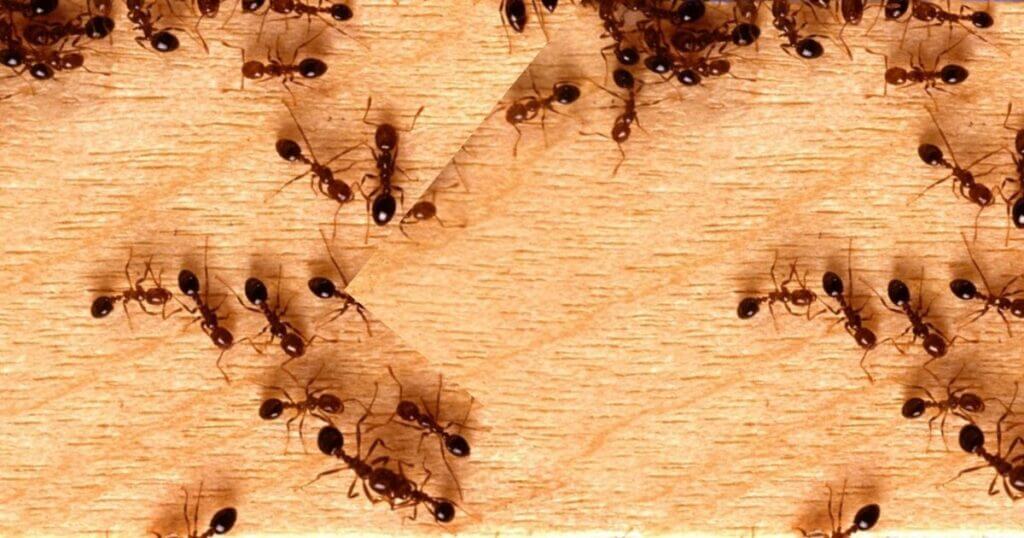
DIY Ant Spray Home Remedy
Creating a DIY ant spray is surprisingly simple and economical. Many of the ingredients, like vinegar, essential oils, and lemon juice, are likely already in your pantry. For instance, a mixture of vinegar and water in equal parts can be used as an effective spray to erase scent trails and deter ants. Essential oils like peppermint, tea tree, or lemon also work wonders. Just a few drops in a water solution can act as a potent ant repellent. The strong scents of these natural ingredients are unappealing to ants and can keep them at bay.
Another popular home remedy involves lemon. Ants are known to dislike lemon’s scent and acidity. Wiping your countertops and floors with lemon juice or placing lemon peels at entry points can prevent ants from entering your home. These home remedies are not only effective but also leave your home smelling fresh and clean, unlike the chemical odor that accompanies many commercial ant killers.
Natural Insect Repellent for Ants
For those who prefer ready-made solutions, the market is filled with natural insect repellents for ants. These products often contain plant extracts and essential oils known for their ant-repelling properties. Some common ingredients include neem oil, diatomaceous earth, and citronella. These substances work by creating a hostile environment for ants, deterring them without the need for harmful chemicals.
When choosing a natural ant repellent, it’s crucial to read labels and opt for products that are genuinely natural. Some products may claim to be ‘natural’ but still contain harmful additives. Look for repellents that are certified organic or have transparent ingredient lists. This ensures that you’re not only solving your ant problem but also doing so in a manner that’s environmentally responsible and safe for your family.
Ants can be just as much of a nuisance outdoors as they are indoors. Natural ant repellent methods are equally effective in gardens and patios. Diatomaceous earth, a powdery substance made from the fossilized remains of tiny aquatic organisms, can be sprinkled around the garden to create an ant barrier. It’s non-toxic to humans and pets but lethal to ants and other small insects.
Another outdoor solution is a borax and sugar mixture. Mixing these two ingredients in equal parts and placing them in areas where ants are seen can control their population outdoors. The sugar attracts the ants while the borax, a natural mineral, acts as a slow-acting poison. This method should be used with caution, especially if you have pets or children who frequent the garden area.
Natural DIY Homemade Insect and Ant Repellent Recipes
Indoor DIY Ant Repellent Recipe 1: Vinegar and Water Ant Spray
Ingredients:
- White vinegar
- Water
Instructions:
- Mix Equal Parts of Vinegar and Water: In a spray bottle, combine equal parts of white vinegar and water. For example, if you use 1 cup of vinegar, use 1 cup of water.
- Shake Well: Secure the spray bottle top and shake the mixture well to ensure the vinegar and water are thoroughly mixed.
- Spray on Ant Trails: Identify the areas where you’ve seen ants or their trails. Spray the vinegar-water solution directly onto these trails and entry points.
- Repeat as Needed: Reapply the spray regularly, especially after cleaning the surfaces, to maintain the repellent effect.
- Note: The strong smell of vinegar acts as a natural deterrent for ants and helps erase their scent trails, but the smell will dissipate after a while, leaving no harsh odors behind.
Indoor DIY Ant Repellent Recipe 2: Lemon Juice and Water Ant Repellent
Ingredients:
- Fresh lemon juice
- Water
Instructions:
- Prepare Lemon Juice Solution: Mix 1 part lemon juice with 3 parts water in a spray bottle. For example, you can use ¼ cup of lemon juice with ¾ cup of water.
- Shake the Bottle: Make sure the lid is on tightly, and shake the bottle to combine the lemon juice and water.
- Spray in Affected Areas: Spray the lemon juice solution on ant trails, around doorways, windowsills, and other entry points.
- Wipe Surfaces if Needed: For countertops and floors, you can spray and then wipe the area with a clean cloth.
- Use Lemon Peels: In addition to spraying, you can place lemon peels near entry points for extra deterrence.
- Note: Ants dislike the scent and acidity of lemon, making it an effective natural repellent. Plus, it leaves a fresh, clean scent in your home.
Outdoor DIY Ant Repellent Recipe 1: Diatomaceous Earth Ant Barrier
Ingredients:
- Food-grade diatomaceous earth
Instructions:
- Purchase Food-Grade Diatomaceous Earth: Ensure you buy food-grade diatomaceous earth, which is safe for use around pets and children.
- Identify Ant-Prone Areas: Look for ant trails or areas where you frequently notice ants in your garden or patio.
- Sprinkle Diatomaceous Earth: Lightly sprinkle a thin line of diatomaceous earth along these areas. You can also form a perimeter around your garden beds or any outdoor area you want to protect.
- Reapply After Rain: Diatomaceous earth loses its effectiveness when wet, so reapply it after rain or watering your garden.
- Safety Note: Wear a mask when applying diatomaceous earth to avoid inhaling the fine powder.
Diatomaceous earth works by drying out the exoskeleton of ants, leading to their demise. It’s an effective physical barrier that is non-toxic and environmentally friendly.
Outdoor DIY Ant Repellent Recipe 2: Borax and Sugar Ant Bait
Ingredients:
- Borax (sodium borate)
- Sugar
- Water
- Small containers (like bottle caps)
Instructions:
- Mix Borax and Sugar: Combine equal parts of borax and sugar. For instance, use 1 tablespoon of borax and 1 tablespoon of sugar.
- Add Water to Form a Paste: Slowly add water to the mixture until you get a paste-like consistency.
- Prepare Bait Stations: Place the mixture in small containers, like bottle caps, or soak cotton balls in it.
- Position the Bait: Place these bait stations in areas where you’ve seen ants, but out of reach of pets and children.
- Check and Replace Regularly: Check the bait stations regularly and replace them as needed.
- Caution: Borax can be harmful if ingested by pets or children, so ensure to place the bait in safe locations.
The sugar in this mixture attracts ants, and the borax acts as a slow-acting poison. Ants will carry the bait back to their colony, which helps in reducing the overall population. This method is particularly useful for targeting the entire colony rather than just the ants that are foraging for food.
Natural Ant Repellent products avaliable in South Africa:
Margaret Roberts Organic Insecticide – Green (200ml) from seeds for africa
Margaret Roberts Organic Insecticide – Green (200ml) from gardening.co.za
Biogrow Pyrol from Faithful to Nature
Biogrow Pyrol from hydroponic.co.za
Ant Repellent Plants: Nature’s Gift
Plants that repel ants.
Mother Nature offers her own solutions to the ant dilemma in the form of plants that act as natural ant repellents. Peppermint is a prime example. Its strong scent is off-putting to ants and other insects, making it an excellent plant to grow around the perimeter of your home. Similarly, lemon balm, with its citrusy aroma, can deter ants. Planting these around your home can create a natural barrier against ants.
Other plants known for their ant-repelling properties include lavender, basil, and garlic. These plants can be integrated into your garden or grown in pots near entry points. Not only do they keep ants away, but they also add to the aesthetic appeal of your space. Having these plants around means you’re employing a continuous, low-maintenance method of ant control that’s completely natural.
Plants that repel ants.
How to prevent ants?
Preventive Measures: Beyond Ant Repellent
Taking preventive measures can be more effective than addressing an ant invasion after it occurs. Keeping your house clean, especially the kitchen, is crucial. Ants are attracted to food remnants, so ensuring no crumbs or sticky spots are left on countertops and floors can significantly reduce their presence. Sealing food in airtight containers and regularly disposing of garbage also helps.
Another preventive strategy is to seal cracks and crevices in walls and foundations, as these are common entry points for ants. Regular inspection and maintenance of your home can identify potential problem areas before ants exploit them. Being proactive about cleanliness and home maintenance can greatly diminish the likelihood of an ant infestation, reducing the need for even natural repellents.
Safety and Considerations When Using Natural Ant Repellents
While natural ant repellents are generally safer than chemical alternatives, proper usage is key to ensuring their effectiveness and safety. If you’re using essential oils, be aware that they can be potent and may cause irritation if not diluted properly. Always follow the recommended dilution ratios and test in a small area first.
If you have pets, some natural repellents like certain essential oils might not be suitable. It’s important to research and ensure that the remedies you choose are safe for all members of your household. Additionally, when using any substance, natural or not, in areas accessible to children, caution should be exercised to prevent accidental ingestion or contact.
Natural Ant Repellents Summary
In summary, natural ant repellent offers an effective, eco-friendly way to deal with ant problems. These methods, ranging from homemade sprays to naturally repellent plants, provide a safe alternative to chemical ant killers. Whether you’re dealing with a minor ant invasion or looking to prevent one, these natural solutions can offer relief while keeping your home and environment safe.

Q and A’s on Natural Ant Repellent
What are the most effective natural ingredients for ant repellent?
The most effective natural ingredients include vinegar, essential oils like peppermint and tea tree oil, lemon juice, diatomaceous earth, and borax. Each of these has unique properties that repel ants effectively and can be used in different forms, from sprays to barrier methods.
Can I make a natural ant repellent spray at home?
Absolutely. A simple and effective homemade ant repellent can be made by mixing vinegar and water in equal parts or adding a few drops of essential oils like peppermint, lemon, or tea tree oil to water. These mixtures can be sprayed directly on ant trails or entry points.
How do I use natural ant repellents safely around pets and children?
When using natural ant repellents around pets and children, it’s essential to choose ingredients that are non-toxic to them. Avoid using strong essential oils or borax in easily accessible areas. Always keep homemade repellents out of reach of children and pets, and follow proper dilution guidelines for essential oils.
Are there any plants that naturally repel ants?
Yes, several plants have natural ant-repelling properties, including peppermint, lavender, lemon balm, and basil. Planting these around your home can help keep ants at bay while also enhancing your garden’s beauty.
How can I prevent ants from entering my home naturally?
Preventing ants naturally involves a combination of cleanliness, sealing entry points, and using natural repellents. Keep your home, especially the kitchen, clean and free of food remnants. Seal cracks and crevices in walls and foundations, and consider using natural repellents like vinegar sprays, essential oils, or ant-repellent plants near entry points.
What Keeps Ants Away Naturally?
Natural ant repellent methods are highly effective in keeping ants at bay. Essential oils like peppermint, lemon, and tea tree oil, when diluted and used as sprays, can deter ants due to their strong scents. Additionally, common household items like vinegar, lemon juice, and diatomaceous earth create an environment that’s inhospitable to ants, preventing them from entering your home.
What Smells Do Ants Hate?
Ants are known to detest certain smells, which can be used to your advantage in natural ant repellents. Strong scents like peppermint, eucalyptus, cinnamon, and citrus are particularly disliked by ants. Utilizing these scents in oils or sprays around entry points can effectively repel ants, keeping them away from your living spaces.
What Repels Ants Instantly?
For instant ant repellent, vinegar is a go-to solution. A simple spray made from a mixture of equal parts water and vinegar can disrupt ant scent trails and deter them immediately. Citrus oils and lemon juice are also effective for immediate results, as their strong scents and acidity are unappealing to ants.
How Long Will Vinegar Keep Ants Away?
Vinegar, when used as an ant repellent, can keep ants away for a considerable time. Its effectiveness usually lasts until the vinegar solution evaporates or is wiped away. For sustained results, it’s advisable to reapply the vinegar solution every few days or as needed, especially in areas with high ant traffic.
What is Best Homemade Ant Killer?
The best homemade ant killer often involves a mixture of borax and sugar. This combination acts as a bait and poison, attracting ants with sugar and then eliminating them with borax. Another effective homemade solution is a spray made from soapy water, which can suffocate and kill ants on contact.
How Do You Make Homemade Ant Repellent?
To make a homemade ant repellent, mix equal parts water and vinegar or add a few drops of essential oils like peppermint or citrus to water. For a more potent solution, mix borax with sugar and water to create a bait that ants will carry back to their colony, effectively eliminating the nest.
How Do I Get Rid of Ants Permanently?
Getting rid of ants permanently involves a combination of immediate action and preventive measures. Addressing food sources, sealing entry points, and using natural repellents like vinegar or essential oil sprays are key steps. Additionally, maintaining cleanliness and regularly inspecting for potential ant nests will help prevent future infestations.
How Do I Get Rid of Ants Overnight?
To get rid of ants overnight, consider using a borax and sugar bait. This solution works effectively as ants are attracted to the sugar and then poisoned by the borax. Placing this bait near ant trails or entry points overnight can significantly reduce ant populations by morning.
Does Salt Repel Ants?
Salt can act as a deterrent to ants, although it is not as effective as other methods. Sprinkling salt near entry points or on ant trails can sometimes disrupt their pathfinding but might not provide a long-term solution. For better results, stronger natural repellents like vinegar or essential oils are recommended.
Does Baking Soda Repel Ants?
Baking soda, when mixed with a bait like sugar, can be effective in repelling and eliminating ants. The baking soda reacts with the acidic digestive system of the ants, causing internal damage. This method can help reduce ant numbers when used in areas where ants are frequently seen.
What Ants Hate the Most?
Ants hate strong, pungent smells the most. This includes scents like peppermint, citrus oils, eucalyptus, and cinnamon. These smells interfere with their ability to communicate and navigate, making them effective natural repellents. Additionally, substances like vinegar and lemon juice are also highly disliked by ants.
What Are Ants Afraid Of?
Ants are not necessarily ‘afraid’ in the human sense but are deterred by certain environmental factors. Strong smells, like those from essential oils and vinegar, disrupt their scent trails and communication, effectively repelling them. Ants also avoid substances that pose a threat to their survival, such as diatomaceous earth and borax.
Does Coffee Get Rid of Ants?
Coffee grounds have a mild repellent effect on ants due to their strong smell and potentially abrasive texture. Sprinkling used coffee grounds around the garden or entry points can deter ants. However, the effectiveness of coffee grounds as an ant repellent is not as high as other natural methods like vinegar or essential oil sprays.








